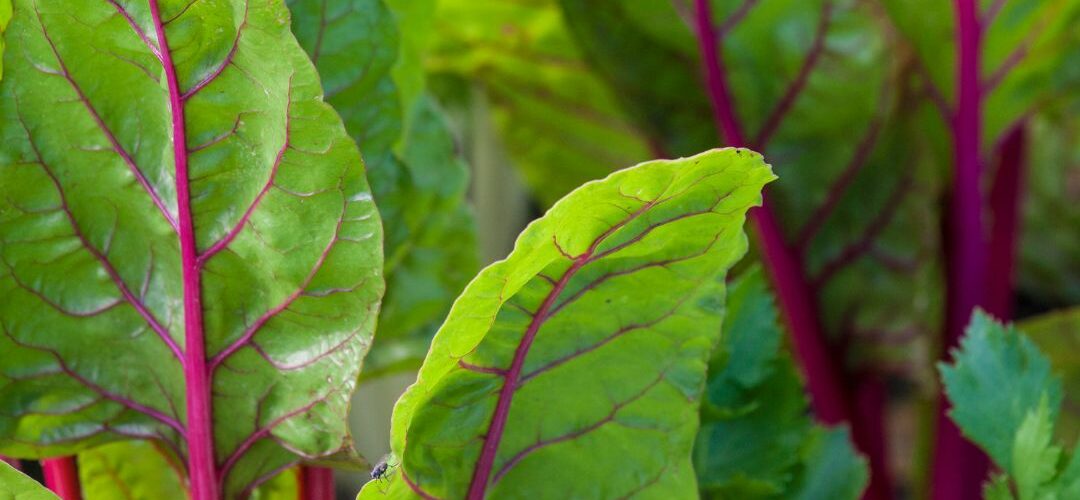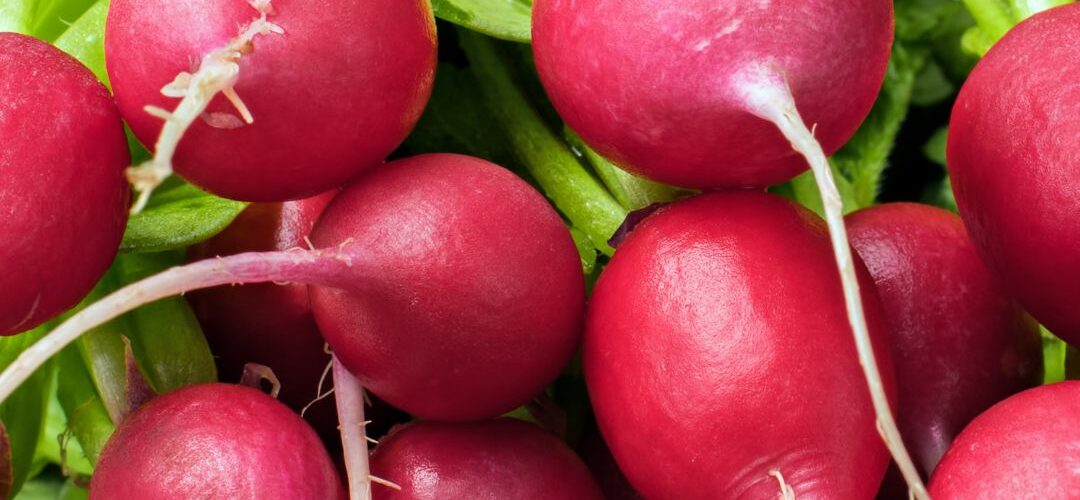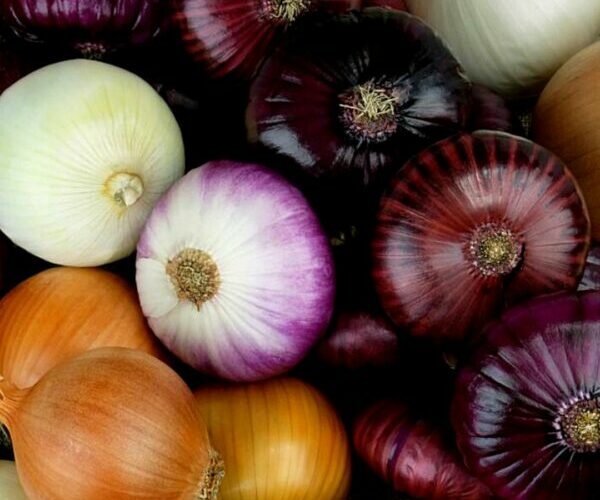
Unexpected Ways to Incorporate Cabbage into Your Meals
In the realm of culinary versatility, few ingredients hold as much potential as cabbage. Often overshadowed by its more glamorous counterparts, cabbage is a humble yet profoundly adaptable vegetable that can transform ordinary dishes into extraordinary culinary experiences. Beyond the confines of traditional coleslaw, cabbage boasts a myriad of applications that can surprise and delight even the most discerning palates. E. Armata Inc. offers a variety of cabbage at the Hunts Point Market Bronx. Join us as we explore the myriad ways to incorporate this unsung hero into your meals, unlocking a world of flavor and creativity.
The Cabbage Renaissance: A Brief Introduction
Recently, there has been a resurgence of interest in cabbage as chefs and home cooks rediscover its culinary potential. No longer relegated to the sidelines as a mere garnish or salad base, cabbage has become a versatile ingredient capable of taking center stage in a wide range of dishes. From appetizers to entrees, soups to stir-fries, the possibilities are virtually endless for incorporating cabbage into your cooking repertoire.
Creative Cabbage Creations: Beyond Coleslaw
1. Stuffed Cabbage Rolls
Transform cabbage leaves into delicate parcels of flavor by using them as wrappers for a variety of fillings. From savory rice and meat mixtures to vegetarian alternatives featuring lentils or quinoa, stuffed cabbage rolls offer a hearty and satisfying meal that’s as visually stunning as it is delicious.
2. Cabbage Stir-Fry
Elevate your stir-fry game by adding thinly sliced cabbage to the mix. Its crisp texture and mild flavor provide the perfect contrast to bold spices and savory sauces. Combine with an array of vegetables, protein sources such as tofu or chicken, and aromatic seasonings for a quick and nutritious meal that’s sure to impress.
3. Cabbage Kimchi
Delve into the world of fermentation by making your own cabbage kimchi. This traditional Korean dish features cabbage that’s been pickled with a blend of spices, garlic, and chili peppers, resulting in a tangy, spicy condiment that adds depth and complexity to any meal. Enjoy it as a side dish, topping, or ingredient in fusion recipes that marry East and West.
4. Cabbage Soup
Embrace the comfort and nourishment of cabbage soup, a timeless classic that’s perfect for chilly days or whenever you crave a wholesome, satisfying meal. Whether you opt for a simple broth-based version or a hearty stew packed with vegetables and protein, cabbage adds a distinctive flavor and texture that makes each spoonful a delight.
5. Cabbage Sliders
Put a unique twist on the classic burger by swapping out the bun for cabbage leaves. Use large, sturdy leaves as a gluten-free alternative to traditional buns, or opt for smaller leaves to create bite-sized sliders that are perfect for appetizers or party snacks. Fill with your favorite burger toppings and enjoy a lighter, healthier take on a beloved classic.
The Benefits of Cabbage: Nutritional Highlights
Beyond its culinary versatility, cabbage also offers a wealth of nutritional benefits that make it a valuable addition to any diet. Rich in vitamins C and K, as well as fiber and antioxidants, cabbage supports immune function, promotes healthy digestion, and may even reduce the risk of chronic disease. Low in calories and carbohydrates, it’s an excellent choice for those looking to maintain or lose weight without sacrificing flavor or satisfaction.
Conclusion: Embracing the Possibilities
In conclusion, cabbage is a culinary powerhouse that deserves a place of honor in every kitchen. Whether you’re seeking to expand your culinary horizons, boost your nutritional intake, or simply add a touch of creativity to your meals, cabbage offers endless possibilities for experimentation and enjoyment. From stuffed cabbage rolls to cabbage kimchi, there’s no limit to what you can create with this humble yet versatile vegetable. So go ahead, embrace the possibilities, and let cabbage take your cooking to new heights. Contact E. Armata to learn more about our operation at the Hunts Point Market Bronx.





